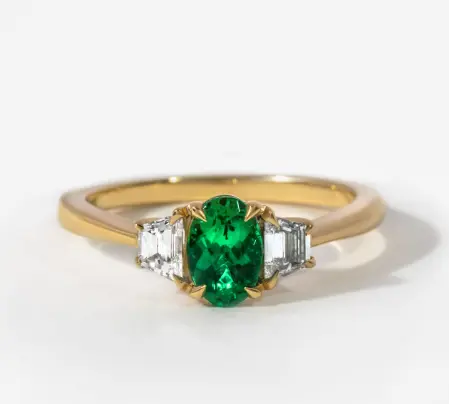Divorce can be a deeply transformative experience—one that challenges your sense of identity but also provides an opportunity for personal rediscovery. As you navigate the waters of change, finding and embracing your true passions can be a lighthouse guiding you towards a fulfilling future. The end of a marriage need not be an end to personal joy and growth; in fact, it often serves as a new beginning. Finding passions that resonate with your core self is an inspiring journey that can lead to a richer, more profound existence. Below, we explore how to rediscover and nurture your passions after the tumultuous event of divorce.
Rediscovering Passions: Navigating Life Changes Post-Divorce
After a divorce, it’s natural to feel disconnected from the things that once brought joy, especially if they were shared with your former partner. This is a time to embrace your independence, reflect on what genuinely excites you, and prioritize your happiness.
Rediscovering hobbies or exploring new interests is about learning who you are outside of a relationship. While you focus on self-exploration, don’t forget the importance of navigating financial responsibilities. Seeking a consultation family law expert can help you manage these aspects, giving you the confidence to rebuild your life authentically.
The Role of Self-Reflection in Uncovering Lost Interests
To uncover lost interests, set aside time for self-reflection and consider your dreams and pastimes that were compromised during your marriage. Journaling can be a powerful tool for self-reflection, allowing you to articulate your thoughts, feelings, and aspirations. Writing down your experiences during and after your divorce can reveal patterns and passions that were previously overlooked. Being alone can be revealing and healing, creating space for your true desires to surface without distraction or expectations.
Embrace quiet moments and listen carefully to your heart’s message. Self-improvement doesn’t have to be a solitary journey; connecting with others who have experienced similar experiences can provide insight and inspiration. Support groups or workshops can be particularly helpful, offering camaraderie and new perspectives.
Developing a Positive Mindset for Personal Growth After Divorce
Post-divorce personal growth requires a positive mindset, focusing on potential opportunities rather than dwelling on past losses. Gratitude can shift perspective, cultivating a hopeful outlook and renewed energy to pursue new ventures. Setting attainable goals, even if small, can provide a clear path and a sense of accomplishment.
Personal growth is a steady process, not happening overnight. Be patient with yourself and recognize that every step forward is progress. Challenge yourself to stay positive even when the journey seems arduous, as perseverance is essential for achieving passions. Remember that every step forward is progress, and every step forward is a step forward.
Strategies for Exploring New Hobbies and Activities Solo

Exploring new hobbies and activities can start right in your local community, where classes and groups offer a chance to connect with others over shared interests. Whether you’re interested in painting, dancing, or cooking, there’s likely a local option to get you started. Don’t be afraid to step outside your comfort zone—trying something new, like learning to code or rock climbing, could uncover hidden passions.
Technology is also a great tool for diving into new interests, with the internet providing endless resources and online communities. If you’re not ready for in-person engagement, online courses can be a perfect start. Traveling, even locally, can expose you to new cultures and activities, giving you the perfect opportunity to explore your interests further. Whether you’re looking to become substance abuse counselor or just trying something different, now is the time to explore your curiosities.
Building a Support System to Encourage Your Passion Pursuits
A strong support system is crucial for pursuing passions. Friends and family can provide encouragement during self-doubt and can act as cheerleaders. New acquaintances who share your interests can also provide support. Joining clubs or attending community events can foster friendships that nurture your passions and provide camaraderie.
Volunteer work aligned with your interests can be rewarding, as it helps you find purpose and passion in serving others. This not only supports personal growth but also fosters meaningful connections with like-minded individuals. Professionals like therapists or life coaches can offer guidance and tools to overcome obstacles, ensuring a healthy and constructive pursuit of your passions.
Altogether, the journey to rediscover your passions after divorce is one of reflection, experimentation, and growth. It is about allowing yourself the freedom to explore new paths and to be open to change. With the right mindset and support, you can transform this transitional period into a renaissance of personal fulfillment.









